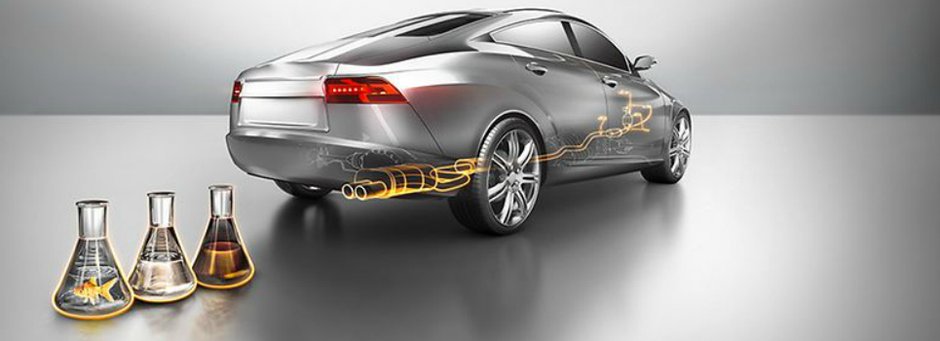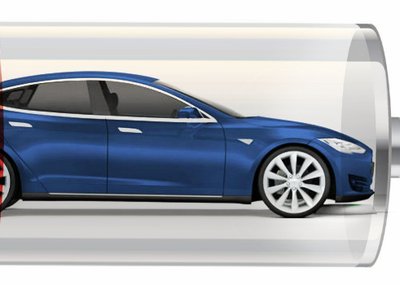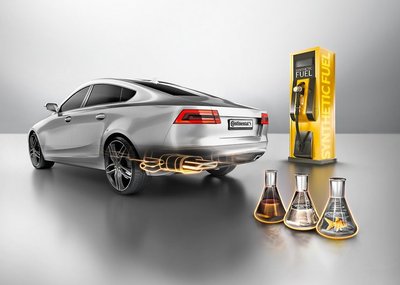- Study shows currently only minor change-readiness in the drive selection
- One-third of diesel drivers are open to changing to another drive system
- Continental Powertrain CEO Andreas Wolf expects "significantly higher acceptance of alternative drive systems in the coming years"
- Germans see not only the automotive industry but also politics and environmental protection associations as responsible for the diesel crisis
Motorists show a high level of persistence in the choice of the drive technology of their vehicles: According to the Continental Mobility Study 2018, an overwhelming majority of more than 80 percent of respondents in Germany and China, and in the US even more than 90 percent, would opt for the same type of engine in a new car as in the subject’s current car. Only in Japan does there appear to be a certain willingness, where at least just under a quarter of respondents can imagine using a different engine type.
The little willingness to change is independent of the type of propulsion system: Of the car drivers surveyed in China and Japan, around ten percent each stated that they drive a hybrid vehicle or an electric car. Of them, over 80 percent remain faithful to a vehicle change.
"The results make it clear that motorists are still more conservative in terms of choice of drive and rely on proven technologies. This aspect should be considered in the context of switching to electromobility in addition to the known concerns. However, we see a much higher acceptance of alternative drive concepts developing in the coming years, when the range of vehicles is widening and framework conditions become more attractive, such as tax deductions for company cars," says Andreas Wolf, President of the Continental Powertrain Division.
For the Continental Mobility Study 2018, the market and social research institute infas surveyed motorists in Germany, USA, Japan and China on behalf of the technology company. In addition, experts from science and the automotive industry were interviewed. The study is one of the world's most comprehensive of its kind on mobility needs and technology trends in automotive traffic.
Diesel: Only young drivers show at least a certain willingness to change
Among the respondents, a significant number of motorists use a diesel; around 30 percent of the study participants in Germany alone. Around one third of these diesel drivers can imagine a change to another type of engine, 17 percent have decided they will change. Apart from the diesel drivers, only young drivers up to age 30 show a certain willingness to change in Germany: around one in five of them can imagine a different type of engine for the next vehicle purchase.
The study also addressed the diesel crisis in Germany. A mixed point of view was clearly revealed among the respondents in Germany: 26 percent consider politics at fault, 11 percent consider the crisis to have a mix of different causes, and 6 percent view the environmental protection associations as the cause of the problem. 39 percent of the group of 31- to 45-year-old motorists blame politics, as did 40 percent of all respondents in Germany in this age group. Only every second person believed the automotive industry to be the sole party responsible for the diesel crisis.
In view of the currently decreasing demand for diesel cars, Andreas Wolf explains: "It is a pity that diesel technology is viewed so negatively, despite its many advantages. The Euro 6d diesel, with its modern exhaust after-treatment technology, is not only economical and climate-friendly, but also clean - that should not be forgotten in the heated diesel debate."
Continental offers a broad spectrum of technologies that meet current and future nitrogen oxide emission limits can - in real traffic and thus outside the pure test bench.









